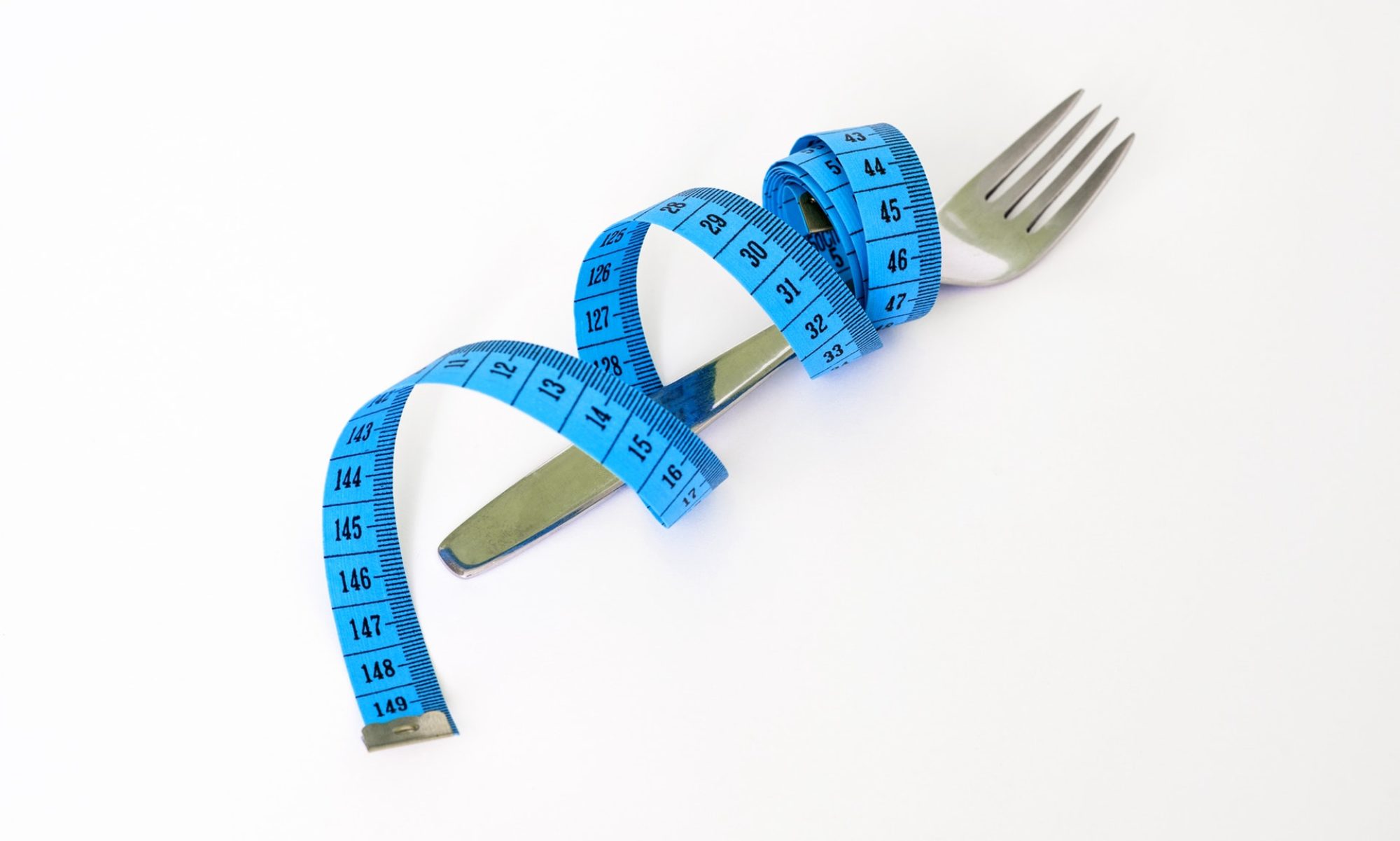School is back in session. That reality set in hard yesterday morning on my way to work when I found myself coming to a screeching halt behind two other cars and glaring at the red stop sign sticking out the side of a yellow bus, flashing lights and all. I glanced at the clock realizing I had not left time for this slice of Norman Rockwell’s Americana. Adjusting in my seat, I took a cleansing breath and melted into the familiar scene.
Grade school children lined up single file, climbing up the big bus steps and down the rows to find their seats. It was somewhat orderly, like ants at a picnic. A few young mothers stood safely at the roadside, waving enthusiastically as the bus lurched forward, hauling their children away, some of them presumably for their first day of school. One mom clutched her chest and blotted tears from her eyes with her shirt sleeve, maybe from the bittersweet reality that her child was growing up and moving on to the next stage of life, or maybe from guilty relief that summer was finally over. Or maybe from a little of both.
I remember taking the bus as a kid when we lived more than the obligatory mile away from school. Under a mile and you had to walk which we did when we lived on Vernon Avenue. Up hill, both ways, I tell my kids. But when we lived farther out on Eastbrook Drive, we rode the bus. My brothers and sisters and I attended St. Edward’s, a Catholic school located a few short blocks from Ashland Junior High for our grade school tenure. Apparently, St. Ed’s had an agreement with the public school that we parochial kids could ride their buses to the Junior High and walk the rest of the three blocks to our school. We got out earlier than the Junior High kids and were always the first ones on the bus at the end of the school day. I usually sat in the second seat behind the driver, not wanting to appear too eager. And I saved a seat for Justine.
That’s all I knew about her. That her name was Justine. And that she was teased. A lot. She had short, dark, wavy hair. Her body odor was noticeable, even by me at the naïve age of eight, and she was heavier than the other kids her age. No one wanted to sit by Justine. So, she ordered me to save her a seat. She was not nice about it at all. I figured probably because she was teased so cruelly. Hurting people hurt people, I later learned. I obliged her, dutifully placing my books and lunch pail next to me on the other half of the bench seat and then picking them up when I saw her climbing the bus steps. What was it to me? Nobody seemed to want to sit up front anyway. We sat in silence most of the way home.
Admittedly, the vast majority of bus rides home are a positive experience for kids. It’s fun to sit in the back of the bus and goof off with friends, throw paper wads, eat the rest of your lunch, or get started on your homework right away so when you got home you could play. And I know that every negative comment does not cause lasting emotional trauma. Sticks and stones and words, however, can hurt. Deeply. I have no idea what happened to Justine, whether the school bus bullying went on to negatively impact her in adulthood.
I know a lot of Justines now though. I talk to people every day who were teased mercilessly as children because they carried extra weight, through no fault of their own. They were called Fatso or Porky or Tub-o-lard or worse. And by parents and grandparents even. They were passed over on the playground, never being chosen to be on a team. They were compared to their string bean siblings, as if they were in control of their own genetics or grocery shopping or the school lunch menu.
At Oregon Weight and Wellness, we screen for this kind of childhood trauma as well as other physical and emotional trauma. We know that childhood trauma correlates with adult obesity. Not to say that the damage is irreparable or people who experience trauma are hopeless. But sometimes we must address that deep limbic woundedness to understand patterns of behavior, to get to the root of the barriers that sabotage people’s success time and time again. We try to make a change and it works for a time. Then something happens, and we find ourselves back to our tried-and-true coping mechanisms. Like turning to highly palatable foods not because we are physically hungry, but because we are lonely or tired or anxious or bored. The hurts can be so hidden and so deeply rooted, it seems like we don’t even want to succeed.
Recognizing our past traumas, giving space for them, perhaps reframing, and forgiving, can bring healing to those limbic memories so they no longer interrupt the progress of the present.
At OWW, people find hope and restore their health. We not only build a strong foundation on the lifestyle pillars of nutrition, activity, sleep, and community, we build the indispensable skills of resilience. And then those long forgotten but ever so painful bus rides truly become a thing of past.
Discover more from Weigh Different
Subscribe to get the latest posts sent to your email.

I love the work you are passionate about. Keep it up!